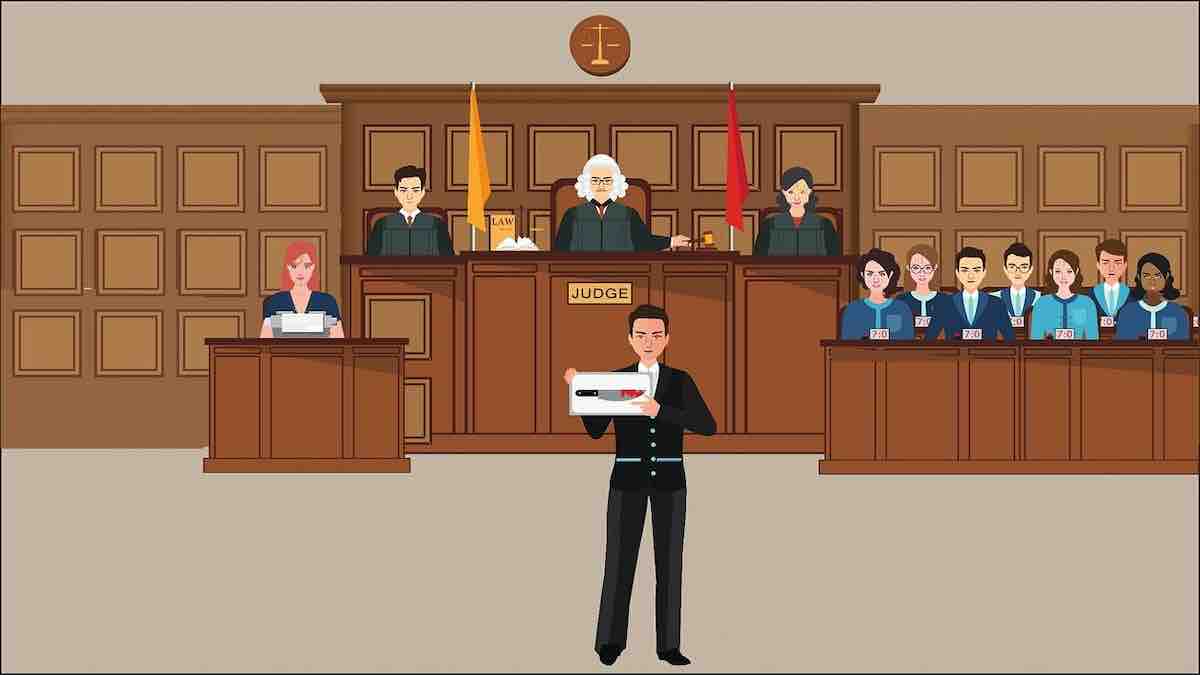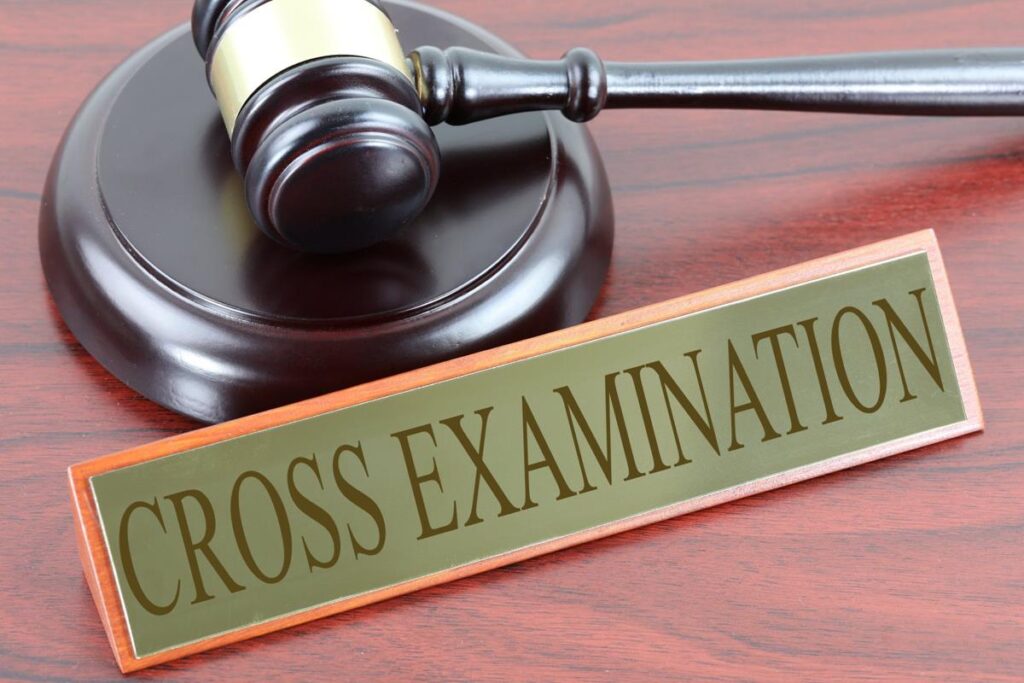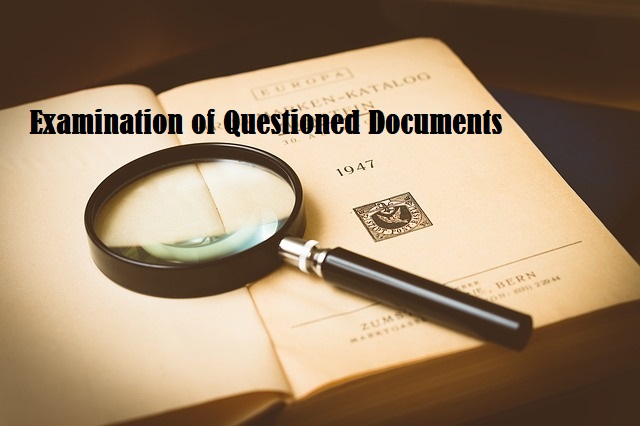
-
ceo.bfi@gmail.com
Send Email
-
2C, C-6/A Block, Janakpuri, Delhi India 110058
Visit Our Office
99902-92279
Confidentiality Guaranteed
99902-92279
Confidentiality Guaranteed

Apr
Cross Examination

Cross Examination Science and Techniques
Mastering the Art of Truth in Courtroom Advocacy
Cross-examination is one of the most powerful tools in courtroom litigation. It is not merely questioning a witness—it is a scientific technique grounded in psychology, communication, strategy, and legal reasoning. Effective cross-examination can expose inconsistencies, reveal hidden motives, strengthen your case theory, and uncover the truth behind the testimony presented in court.
Skilled advocates use a combination of analytical science, behavioral insights, structured questioning, and forensic reasoning to navigate the complex dynamics of witness testimony. Understanding the science behind cross-examination enables lawyers to approach the courtroom with clarity, precision, and confidence.
What Is Cross Examination Science and Techniques
Cross-examination is the process where the opposing counsel questions a witness after their initial examination by the party who called them.
Its primary objectives include:
Testing the credibility of the witness
Exposing contradictions and inaccuracies
Challenging biased or unreliable statements
Presenting your case story by controlling the witness
Highlighting facts favorable to your argument
Cross-examination is regarded as the greatest legal engine for the discovery of truth, making it essential for every trial lawyer.
The Science Behind Effective Cross-Examination
Cross-examination is not random questioning; it relies on scientific principles, including:
1. Behavioral Science and Psychology
Understanding body language, hesitation, tone, and emotional cues helps advocates assess:
When a witness is comfortable
When they are hiding information
When pressure will reveal inconsistencies
2. Cognitive Science
Human memory is flawed. Effective lawyers use cognitive principles to:
Challenge memory reliability
Expose suggestibility
Reveal inconsistencies in timelines and recollections
3. Linguistic and Communication Science
The phrasing of questions, pace of speech, and use of pauses influence how witnesses respond.
4. Forensic Analysis of Statements
Using statement analysis techniques, lawyers look for:
Contradictions
Shifts in tense
Overgeneralization
False justification patterns
All these aspects form the backbone of cross-examination science.
Core Techniques of Cross-Examination
1. Leading Questions
Questions that suggest the answer keep the witness under control and prevent them from narrating long, misleading explanations.
Example:
“Isn’t it true that you saw the accused from a distance of over 20 meters?”
2. The Funnel Technique
Begin with broad questions, then narrow down to expose contradictions and inconsistencies.
3. Impeachment
A critical technique where the lawyer challenges the witness by exposing:
Prior inconsistent statements
Bias or motive to lie
Contradictions with physical or forensic evidence
Lack of personal knowledge
Questionable credibility
4. The Looping Technique
Repeating key words from a witness’s answer helps reinforce important facts and control the direction of questioning.
5. Using Silence Strategically
Pausing after an answer often encourages the witness to reveal more than intended.
6. Breaking Down the Testimony
Complex statements are dismantled into smaller parts, making it easier to expose inaccuracies.
7. Theme and Theory Alignment
Every question serves a purpose: to reinforce your case theme and discredit the opposing narrative.
Common Mistakes in Cross-Examination
Asking open-ended questions
Arguing with the witness
Losing control of the narrative
Ignoring emotional or psychological cues
Asking unnecessary questions that reveal weaknesses
Failing to plan with clear objectives
Mastering cross-examination requires avoiding these pitfalls and practicing strategic thinking.
Real-World Application of Cross-Examination Science
In high-profile trials, effective cross-examination has:
Revealed fabricated alibis
Discredited expert witnesses with faulty methodology
Exposed contradictions in eyewitness testimonies
Highlighted manipulation in statements
Proven inconsistencies between witness statements and forensic evidence
The best trial lawyers rely not on aggression, but on scientific precision, psychological insight, and strategic questioning.
Conclusion
Cross-examination is both an art and a science. By combining behavioral psychology, linguistic analysis, forensic reasoning, and structured questioning, lawyers can uncover truth, dismantle false narratives, and strengthen their case. Whether in civil disputes or criminal trials, understanding the science and techniques of cross-examination empowers advocates to perform with clarity, confidence, and strategic excellence.
CALL TO ACTION

Contact us today to learn more about how our team of forensic experts can assist you in navigating complex forensic issues, analyzing evidence, and achieving successful outcomes in your cases.
📞 Contact Us: 9990292279
🌐 Visit Our Website: https://forensicexpertinvestigation.com/
✉️ Email: ceo.bfi@gmail.com




